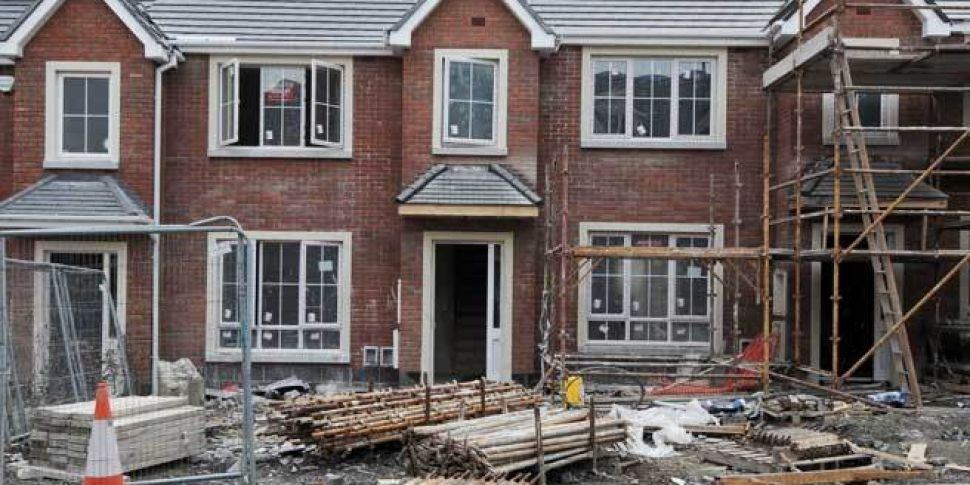One of the most talked-about measures set to be introduced in Budget 2017 this afternoon has undoubtedly been the first-time buyers' grant, as commentators ponder whether it is intended to help out the titular prospective homeowners looking to get a foot on the property ladder, or encourage activity in the construction industry.
The help-to-buy scheme, which is expected to offer buyers of new builds a tax refund of approximately 5% of the property (up to €400,000), should logically only force prices up even higher. If it is a builders scheme, then, will it succeed?
Lorcan Sirr, a lecturer in housing studies at the Dublin Institute of Technology (DIT), doesn't believe so, seeing it as a rethread of former schemes that failed to work.
"We got rid of these things before because they have a certain effect and the evidence internationally would reinforce that," he told Newstalk Breakfast.
"All these things do is get added to the price of house that's for sale. Builders are out there to make a profit and it's understandable that if they see people coming in with more money, then they're going to charge more money for the houses.
"Everywhere that this has happened, all it has done is risen the price of the houses and, crucially, it hasn't actually led to any increase in the housing supply. And that's really what we're at here – trying to increase the supply."
Sirr cited other factors that are stalling the construction process currently, including people sitting on land and the costs involved in construction.
The "real trick", he felt, is reducing the latter rather than causing a price hike. He also saw it as "strange" that the focus will be on new builds when there are roughly 200,000 empty houses around the country already.
Sirr would have recommended a grant to help people re-use a vacant property:
"That would be something that we could start doing tomorrow. House building takes about two years. It's not going to be any immediate silver bullet."
He suggested the driving force behind the first-time buyers' grant was, in fact, the Construction Industry Federation (CIF).
"If other people spent the same amount of time in the Department of the Environment as the CIF do, they would be considered a pest.
"It's really interesting. This policy just doesn't make sense on many levels.
"So you wonder why a smart guy like Simon Coveney would come out with this and the answer would have to be, I would think, down to sustained lobbying from the industry itself. And the industry would be better focused on reducing its own costs rather than getting prices increased.
"And I think the Government could do that as well. We could do with some sort of independent assessment of construction costs so we can get the prices down for everybody."
Renters ignored
"It looks like renters are going to be ignored in the Budget," Sirr noted. "Which is quite shocking considering that there's about seven hundred and twenty-something thousand renters in the country. And to ignore a swathe of the voting population like that is not something I would have been doing as a minister anyway. So it would be a pity to see renters ignored."
He argued that the real killer for renters hoping to eventually buy is the financial uncertainty they face.
"The problem is when you're renting and trying to save, and suddenly your rent jumps by €300 a month. So the real thing to introduce would be some form of rent certainty where the rent is pegged to index and you know that from one year to the next, your rent won't increase by more than, say 5%..."
To sweeten the deal for landlords and prevent rented properties drying up, he proposed returning their mortgage interest relief from 75% to 100%.
"That would be a no-brainer in a budget like this," he concluded. "Whatever you think about landlords – and the vast majority of them are fine– we need them. If we don't have landlords, we don't have more properties, we don't have higher rents. It's a tricky balance there but it can be done."









